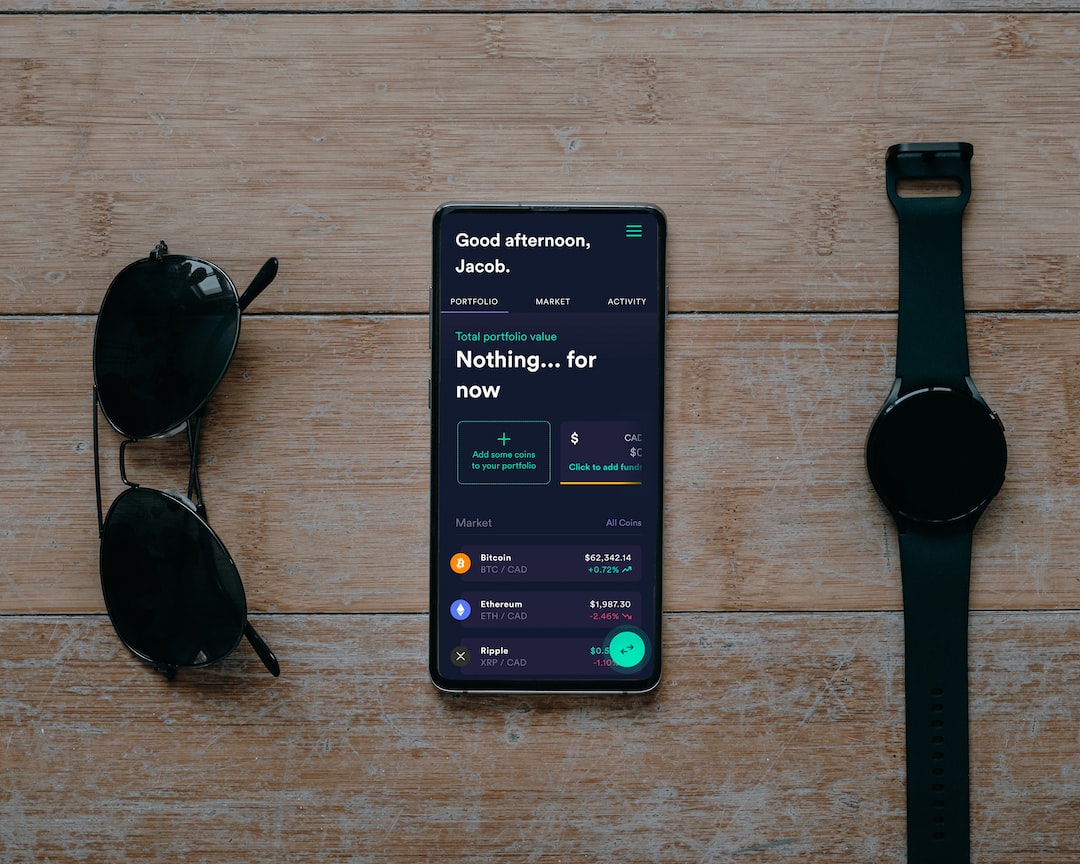The Feasibility of Retail Central Bank Digital Currency (CBDC) Proven in Project Sela Experiment
A collaborative initiative known as Project Sela has successfully demonstrated the feasibility of a secure retail central bank digital currency (rCBDC) suitable for mass retail use. The project, led by the Bank for International Settlements (BIS), the Hong Kong Monetary Authority (HKMA), and the Bank of Israel, showcased an rCBDC that offered the advantages of fiat currency without compromising cybersecurity, user privacy, or accessibility.
Project Sela drew on the ongoing work of the Israeli Central Bank on a digital shekel and the HKMA’s case study on an e-Hong Kong dollar. As part of the experiment, a new CBDC intermediary system called “Access Enabler” was introduced. This system avoids holding users’ rCBDCs on its own balance sheet, addressing liquidity and settlement concerns and reducing the costs of blockchain-based payment services.
The findings from Project Sela will inform the development of CBDC infrastructure and ecosystems in other countries, including Hong Kong’s own government-issued digital currency.
“…the project proved the feasibility of the model we had in mind. If central bank money is to go digital, cybersecurity is key…” – Andrew Abir, deputy governor of the Bank of Israel
CBDCs Worldwide
Central bank digital currencies (CBDCs) are digital representations of fiat currencies issued by sovereign governments or central banks. While the concept dates back to 1985, there are differing opinions on the adoption of retail CBDCs among policymakers.
US policymakers, such as Republican representative French Hill and Federal Reserve governor Michelle W. Bowman, express strong opposition to retail CBDCs, citing potential risks to the financial system that outweigh the benefits.
However, countries such as China, Jamaica, and Nigeria have already launched their respective CBDCs, despite arguments that government-controlled virtual currencies contradict the principles of cryptocurrency and decentralized finance (defi).
Hot Take: The Inevitability and Risks of CBDCs
The successful Project Sela experiment proves that retail central bank digital currencies (CBDCs) are not only possible but can also offer the advantages of fiat currency while maintaining security, privacy, and accessibility. The findings of this joint initiative by the Bank for International Settlements (BIS), the Hong Kong Monetary Authority (HKMA), and the Bank of Israel will serve as a valuable resource for other countries implementing their own CBDCs.
However, the adoption of CBDCs remains a contentious issue. Policymakers in the United States, for instance, express concerns about the potential risks associated with CBDCs. Nevertheless, countries like China, Jamaica, and Nigeria have already embraced CBDCs, leading to debates about their impact on decentralized finance and the principles of cryptocurrency.





 By
By
 By
By

 By
By
